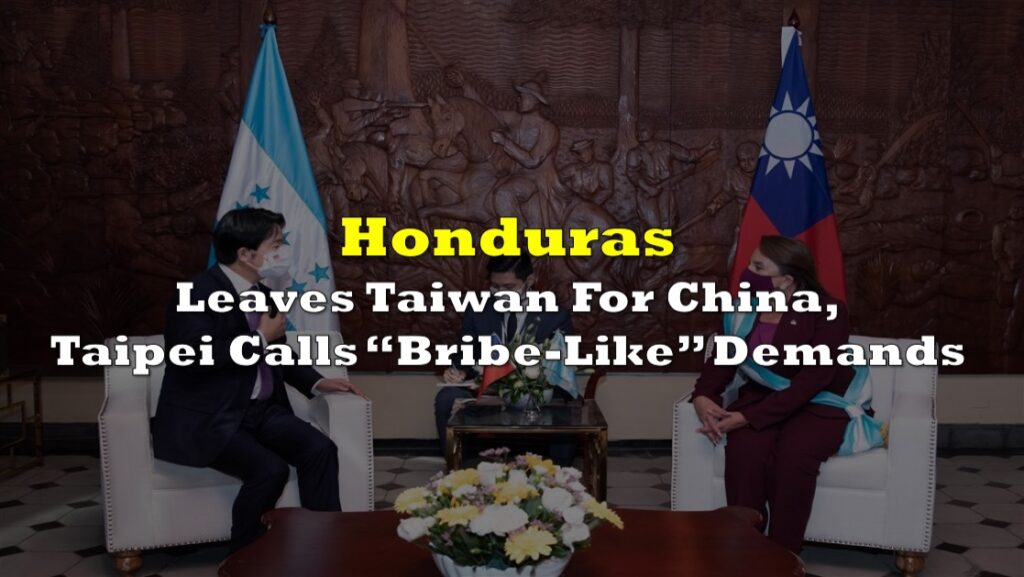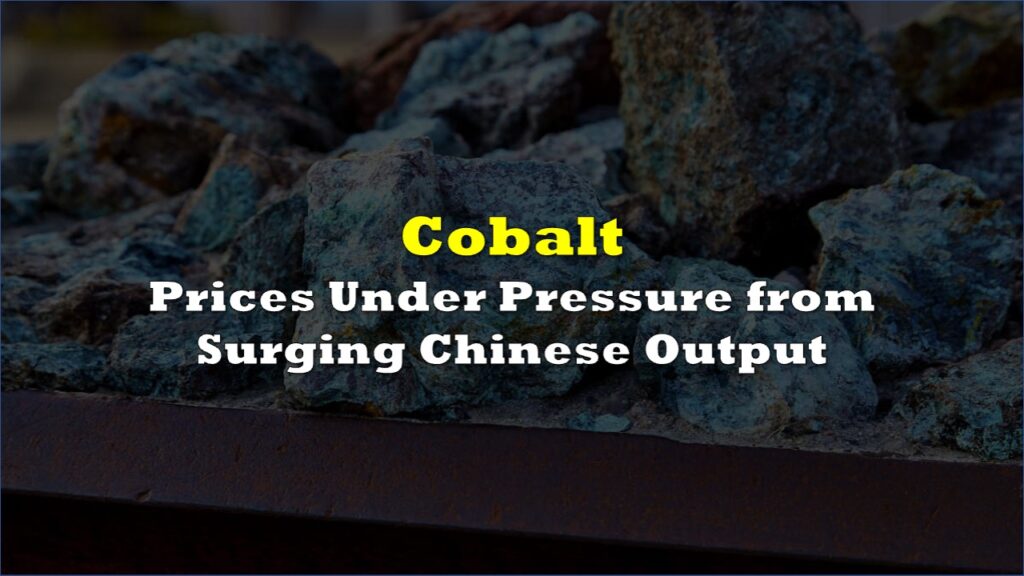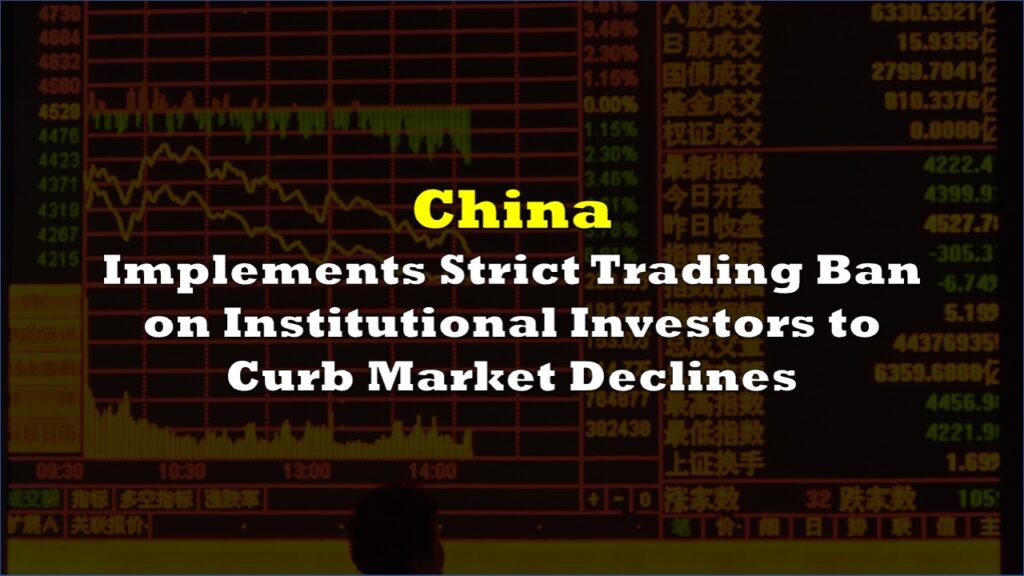South Africa’s foreign minister Ronald Lamola said on Monday the US has not responded to attempts to discuss President Donald Trump’s executive order cutting off $440 million in aid over land reform policies and the Gaza genocide case.
The recently signed Expropriation Act allows land redistribution to address apartheid-era inequities. Black South Africans own 4% of private land despite making up 81% of the population. South African-born billionaire Elon Musk has accused the government of having “openly racist ownership laws,” joining Trump’s criticism.
Related: Elon Musk Offers 1 Million Dogecoin Reward To Prove His Family’s Emerald Mine, So His Father Did
AgriSA, the country’s main farming organization, called claims of land seizures “disinformation,” saying no expropriations have occurred under the law.
“The unexpected signing of the Expropriation Act on 23 January 2025 has sparked political turmoil and unnecessary tension within the agri-food system. This has been exacerbated by disinformation regarding the Act’s intent, impacting negatively on the investment climate for South African agriculture,” Johann Kotzé, the organization’s chief executive, said in a CNN report.
“To be clear no seizures or confiscations of private property have taken place. Nor has any land been expropriated without compensation. Isolated cases of land grabs and trespassing have been dealt with,” he added.
South African President Cyril Ramaphosa told lawmakers US funding accounts for about 17% of the country’s HIV programs. The aid cut affects multiple health sector programs, including HIV and tuberculosis treatment. Analysts warn an even bigger threat comes from potential removal from the US African Growth and Opportunity Act.
The suspension follows Trump’s broader dismantling of the US Agency for International Development, which has affected many South African charities and health programs. Removal from AGOA, which is up for renewal this year, would hit South Africa’s agricultural and automotive industries particularly hard.
“Despite all our attempts, through our mission in Washington to formally engage and communicate… we are awaiting feedback and a response,” Lamola told Reuters in Johannesburg.
China has pledged solidarity and offered support for trade relations, Lamola said, as South Africa seeks bilateral meetings with various countries. Beijing has already demonstrated its growing influence in Africa’s mining sector, with Chinese companies taking strategic positions in copper and cobalt projects.
Resources Minister Gwede Mantashe suggested Africa could withhold minerals from the US in response. “If they don’t give us money, let’s not give them minerals. We are not just beggars,” Mantashe told the African Mining Conference in Cape Town. Africa holds 20% of global copper and aluminum reserves, 50% of manganese and cobalt, 90% of platinum group metals, and 36% of chromium.
South Africa has not followed through with this suggestion but the threat cannot be ignored especially as the US seeks to reduce Chinese control over critical minerals supply chains. A US Institute of Peace report last year urged Washington to engage with Africa’s mineral sector to strengthen supply chains and enhance peace and security on the continent.
Trade between China and Africa reached $282 billion in 2023, with Chinese loans to African governments totaling $182 billion over two decades. Chinese firms have invested heavily in mineral-rich countries, with state companies like China Molybdenum and China Nonferrous Metal Mining Corporation securing major mining projects.
Some Western analysts view China’s infrastructure investments with concern. “Even though they are financed with Chinese loans and built with Chinese contractors and labor, most of these projects are designed to lock African countries into a long-term political and diplomatic relationship with China rather than to make money,” Ted Bauman, senior research analyst and economist at Banyan Hill Publishing, was quoted in an Oil Price report.
South Africa will host G20 foreign ministers this week despite US objections to the meeting’s theme of “Solidarity, Equality, Sustainability.”
“The agenda will stand,” Lamola said of US objections. “We will not be defocused by this issue.”
South Africa maintains its non-aligned position in global conflicts, resisting Western pressure to isolate Russia over Ukraine. Lamola called both the land reform policy and the ICJ genocide case against Israel “non-negotiable” but said South Africa continues to seek talks with Washington.
Information for this story was found via the sources and companies mentioned. The author has no securities or affiliations related to the organizations discussed. Not a recommendation to buy or sell. Always do additional research and consult a professional before purchasing a security. The author holds no licenses.









